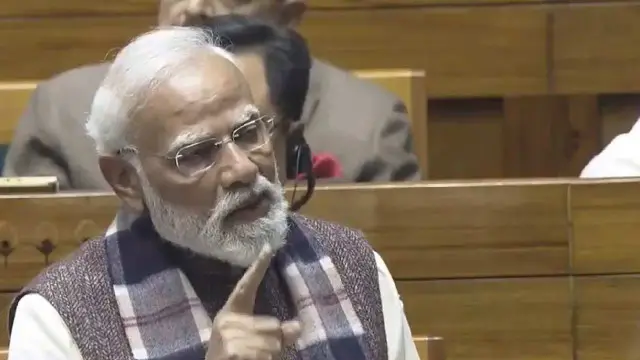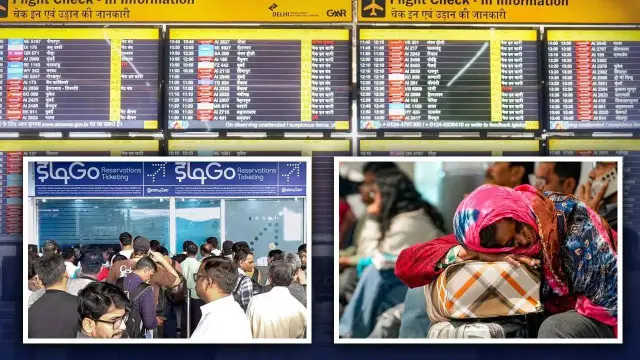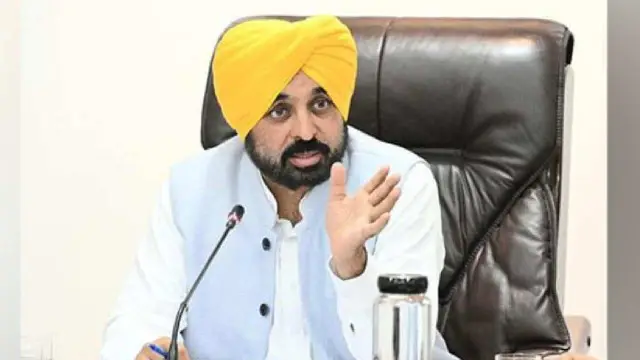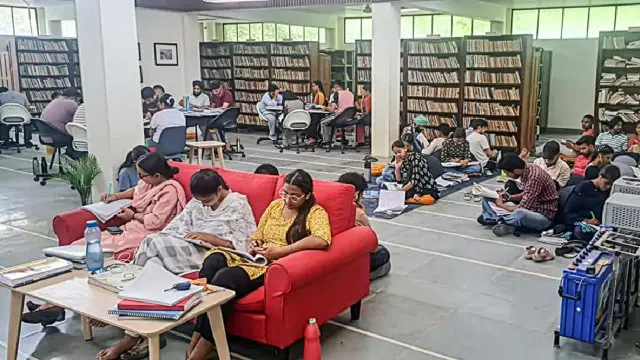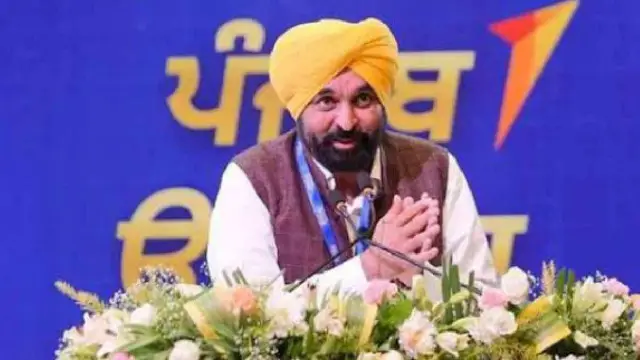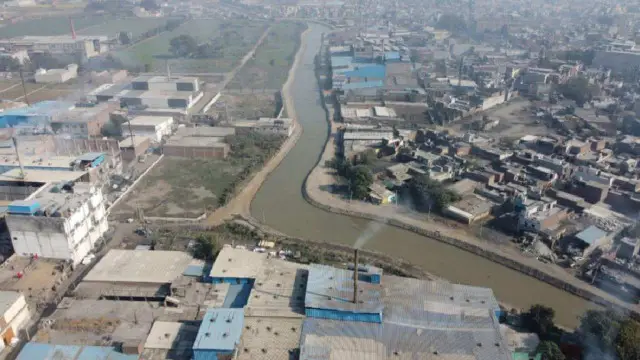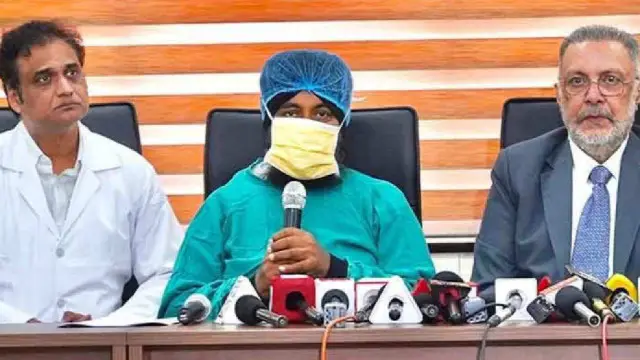Delhi welcomes lotus: BJP ends AAP’s 10-year reign amid leadership crisis
The Bharatiya Janata Party (BJP) has reclaimed power in Delhi after 27 years, marking a major political shift. Aam Aadmi Party (AAP), led by Arvind Kejriwal, suffered a humiliating defeat, losing key leaders, including Kejriwal himself. The election results highlight voter dissatisfaction with AAP’s governance and BJP’s successful strategic push.

Delhi: The Delhi Assembly elections have delivered a decisive verdict, with the BJP making a stunning comeback and AAP witnessing a sharp downfall. Despite a close vote share, AAP’s leadership crisis and governance issues proved costly. The results reflect a strategic shift in voter sentiment, favoring BJP’s development-driven narrative.
BJP’s strategy that worked
BJP’s landslide victory was a result of a well-crafted campaign that balanced local concerns with national interests. The party effectively capitalized on voter frustration with AAP’s governance while promising infrastructural growth, economic reforms, and administrative efficiency. By targeting AAP’s vulnerabilities, BJP not only solidified its base but also wooed disenchanted AAP supporters.
Kejriwal’s leadership under fire
Arvind Kejriwal, once seen as a political disruptor, faced significant backlash due to corruption allegations, governance failures, and policy missteps. The liquor scam controversy and excessive government spending, including a lavish makeover of his residence, tarnished his credibility. His fall from power marks a turning point in Delhi politics, with voters opting for an alternative leadership model.
AAP’s downfall
Political analysts argue that Kejriwal’s overconfidence played a major role in AAP’s collapse. His aggressive campaigning and portrayal of the election as a personal referendum backfired. AAP’s inability to address governance issues and its defensive stance on corruption charges alienated many voters, leading to a drastic loss of support.
BJP’s middle-class connect
Delhi’s predominantly middle-class population found BJP’s policies appealing, particularly economic stability, tax reforms, and development projects. The party’s focus on nationalistic sentiment and governance efficiency struck a chord with this voter base, further weakening AAP’s grip on the capital.
Conclusion
The Delhi election results signal a tectonic shift in the capital’s political landscape. While BJP’s victory underscores strategic brilliance, AAP’s defeat serves as a lesson in governance and political humility. As the dust settles, the focus now shifts to how BJP will fulfill its promises and whether AAP can rebuild from this political debacle.





